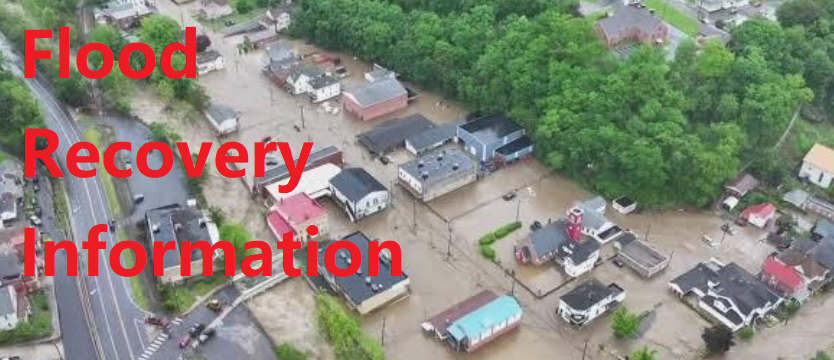September 30th, 2016 by WCBC Radio
Congressman John K. Delaney (MD-6) and Congressman Chris Gibson (NY-19) have introduced legislation to find bipartisan consensus on climate change and drive economically viable solutions that reduce greenhouse gas emissions and avoid the public health and environmental consequences of unchecked climate change. The Delaney-Gibson bill was introduced with three Republican and three Democratic cosponsors.
The Delaney-Gibson Climate Solutions Commission Act (H.R. 6240) would establish the bipartisan National Climate Solutions Commission which will make recommendations on how to best reduce non-sequestered greenhouse gas emissions based on the findings of the scientific community.
“Climate change is the environmental challenge of our time and it is absolutely necessary that we act,” said Congressman Delaney. “Ultimately, the best path to a solution is to build bipartisan consensus – that process starts today with the introduction of this bill. I want to thank my colleagues in both parties for their courage in stepping forward on this issue. Climate change is a threat to our economy, our health, our environment and our security and it’s time for us to work together.”
“Thank you to Congressmen Delaney, Curbelo, Dold, Lowenthal, Deutch, and Peters for joining me in introducing this critical piece of legislation. Our changing climate is a threat to national security, the environment, public health, and the economy, including agricultural production,” said Congressman Gibson. “It is imperative that we begin to make the correct choices today to mitigate and reverse human causes of our changing climate before our children and grandchildren must make considerably more difficult decisions to achieve the same goals.”
Climate Solutions Commission Act (H.R. 6240)
· Establishes the National Climate Solutions Commission
o The commission will have 10 members, five appointed by Democrats and five appointed by Republicans.
· The commission will 1) undertake a comprehensive review of economically viable public and private actions or policies to reduce greenhouse gas emissions 2) make recommendations to the President, Congress and the States and 3) use as its goals for emissions reductions the estimated rates of reduction that reflect the latest scientific findings of what is needed to avoid serious health and environmental consequences.





.jpg)













